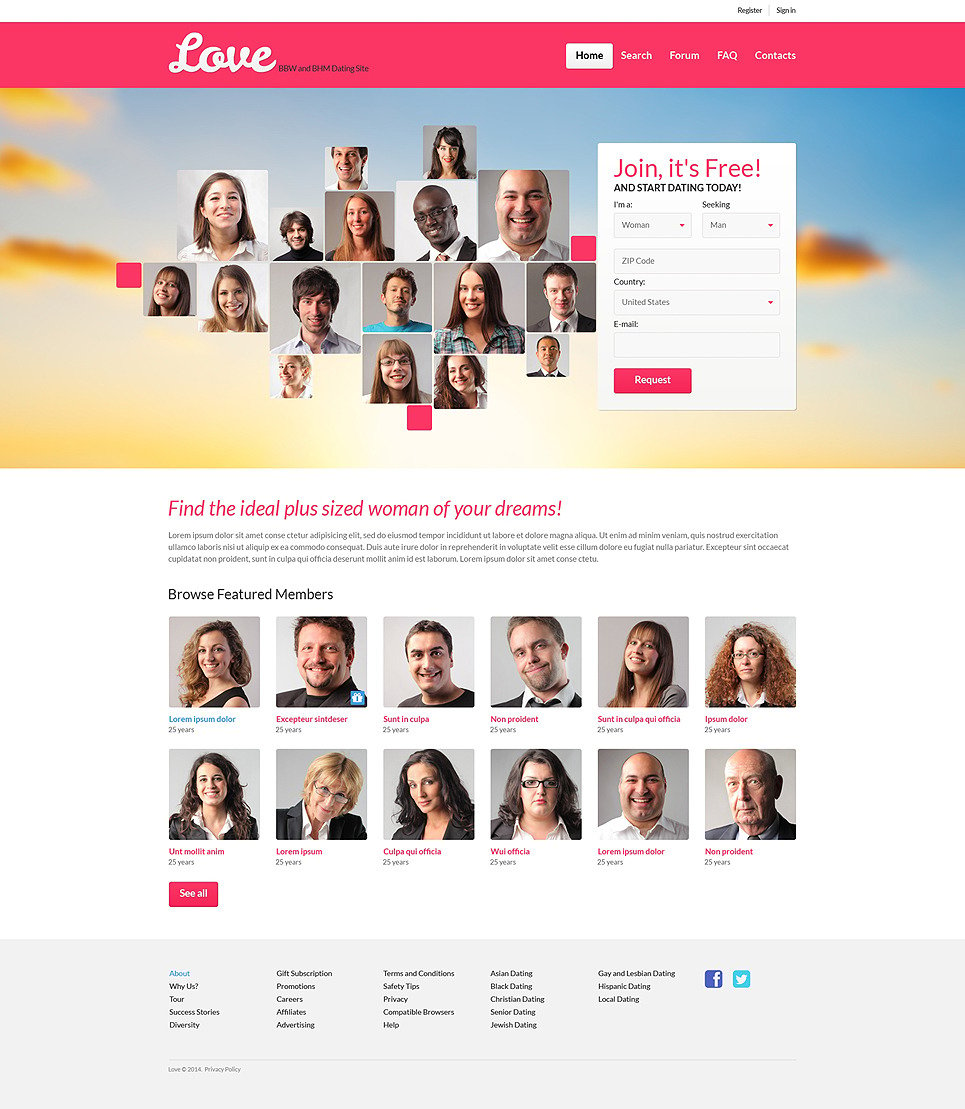“You may well meet up with somebody at a mutual friend’s get together, hit it off but not exchange quantities or make strategies, and then run into every single other on Hinge (partially for the reason that of that mutual mate), giving you a different shot. Or the application could deliver a safe way to categorical curiosity in a pal-of-a-close friend whom you might be hesitant to solution in particular person soon after all, they only find out you like them if they like you again. McLeod instructed Bernstein this dynamic has important enchantment to Hinge users.
When the app stopped recommending real Fb mates to each other right after consumers complained, good friends-of-buddies and pals-of-good friends-of-buddies are significantly likelier to match than people with no relationship (which, regardless of Hinge’s best initiatives, in some cases comes about). Customers like forty four % of good friends-of-buddies, forty one p.c of buddies-of-good friends-of-mates, and a mere 28 % of persons with whom they lack any connection. 8) How honest is the “Hinge is Fb, Tinder is MySpace” analogy?Pretty fair, albeit not in seniormatch.com reviews means that are solely favorable to Hinge. The changeover from MySpace to Fb was, as the social media scholar danah boyd has argued, a circumstance of digital “white flight. ” “Whites have been more probable to leave or pick Facebook,” boyd points out. “The educated have been much more possible to leave or decide on Fb.
- The clues that someone is certainly not fascinated by an extra day?
- Could it possibly be good to date a friend’s ex?
- How powerful is communication with a spousal relationship?
- Just how do i handle national differences in a romantic relationship?
- Is this all right currently someone with a history of unfaithful?
- Ways to overcome an unsatisfactory number one particular date?
- Just what are the symptoms that someone is being unfaithful at the romance?
Those people from wealthier backgrounds were being far more most likely to go away or select Fb. These from the suburbs were being extra possible to leave or opt for Facebook. “In some sense, this was baked into Facebook’s premise. It began between school college students – in certain between Harvard learners, and then learners at other hugely selective, elite faculties, and then college students at all colleges, and so on.
It grew out of an initial consumer base that was mainly wealthy and white slowly it turned involved with the bourgeoisie and MySpace with the proletariat. Facebook might or may well not have been deliberately exploiting these class dynamics, but those people dynamics performed a quite real purpose in the site’s progress. If you question Hinge is the relationship app of the privileged, contemplate that it practically rated economical institutions by the eligibility of their one employees. (Hinge)Hinge, similarly, targets an elite demographic. It’s only obtainable in metropolitan areas.
A few of the evidence a relationship is changing too fast?
Its users are twenty-somethings and pretty much all went to faculty. “Hinge users are ninety nine per cent college-educated, and the most well-liked industries include things like banking, consulting, media, and manner,” McGrath suggests.
“We not too long ago uncovered 35,000 end users attended Ivy League educational facilities. “Classism and racism have usually been challenges in on the net dating. Christian Rudder, a cofounder of OKCupid, demonstrates in his e book Dataclysm that in three big traditional courting sites – OKCupid, Match. com, and DateHookup – black women are persistently rated lessen than women of all ages of other races. Buzzfeed’s Anne Helen Petersen place with each other a Tinder simulation in which 799 participants (albeit non-randomly chosen types) each evaluated thirty pretend profiles manufactured applying stock images, and observed that people’s swipes depended strongly on the perceived course of the potential match. ” If a person self-recognized as upper-middle-class and discovered the male profile prior to him or her as ‘working-class,’ that consumer swiped ‘yes’ only thirteen p.c of the time,” Petersen writes.

